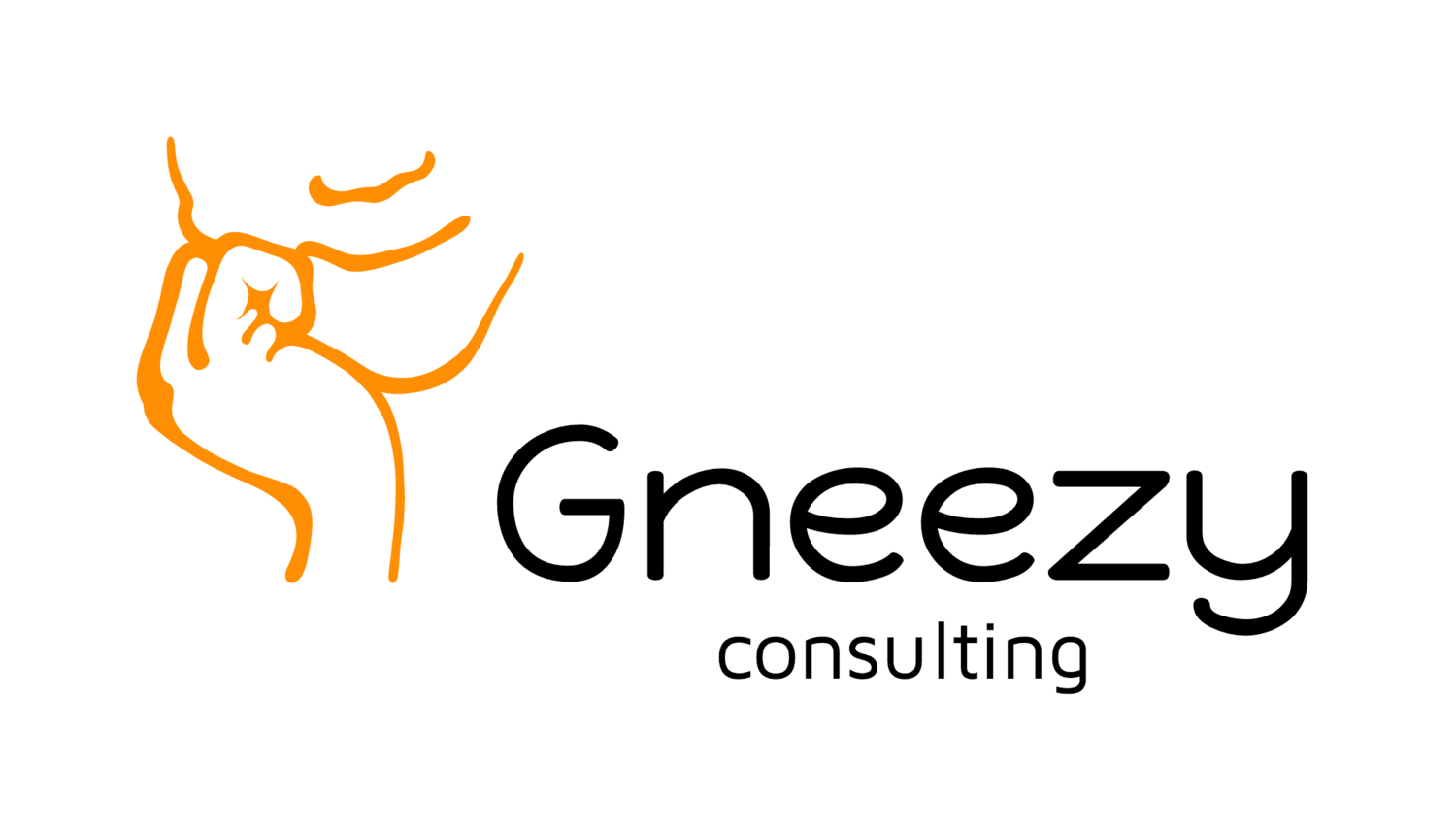Case Studies
A healthcare company saved over $50 million after making a small change to its health rewards program
We are all motivated by incentives, but incentives can be tricky. In some cases, small changes to the incentive structure can have a dramatic impact on the organization’s goals.
We helped a healthcare company save $50 million while maintaining the healthy behavior of the members by making a small change in its rewards program.
A charitable organization dramatically increased the total of funds raised and the number of new donors, using a simple change in the message
Not all fundraising messages are equal; different messages elicit different behavior from donors. Often, charities receive initial funding to kick off charitable campaigns.
We helped an organization test a new approach – using the initial funding to cover the charity’s overhead costs, designating all new donations as supporting its programs. The new approach raised 188% more donations, compared with all other models (matching, seed, and baseline).
A California winery increased profits by 11% after discovering that higher prices actually increased rather than lowered demand
Sometimes, raising prices leads to higher demand (and, surprisingly, may also lead to more satisfied customers).
Standard economics predicts that demand should increase under lower prices. We discovered that, sometimes, this assertion is wrong. Collaborating with a California winery, we tested different prices for their wines, and observe how consumers’ reactions and purchases. The results were quite unexpected.
A large amusement park increased profits and consumer satisfaction after learning that allowing customers to pick their own prices for souvenir photos brought in more profit than fixed prices
We helped an organization create a situation we termed “Shared Social Responsibility” through a combination of pay-what-you-want (PWYW) with a charitable donation. By combining PWYW with charity, the organization raised significantly more funds for the charity compared with their standard practice of donating a portion of the regular purchase price. Surprisingly, the PWYW + charity resulted in higher profits than the regular fixed price.
A large hotel chain found a way to increase the level of towel reuse by guests
The majority of people in the United States consider themselves environmentally conscious. Often, however, these sentiments are not reflected in our actions. Using psychological insights, we helped a large hotel chain identify a way to increase the level of environmentally-friendly behaviors by guests, leading to a potential multi-million dollar impact for the hotel.
An online automotive marketplace dramatically increased the effectiveness of consumer incentives
Sometimes, a small change to the structure of an incentive can dramatically impact its effectiveness. Drawing on insights from behavioral economics, we helped an automotive marketplace change buyers’ perceptions of their dealer-to-consumer incentives, making them more effective at no additional cost.






